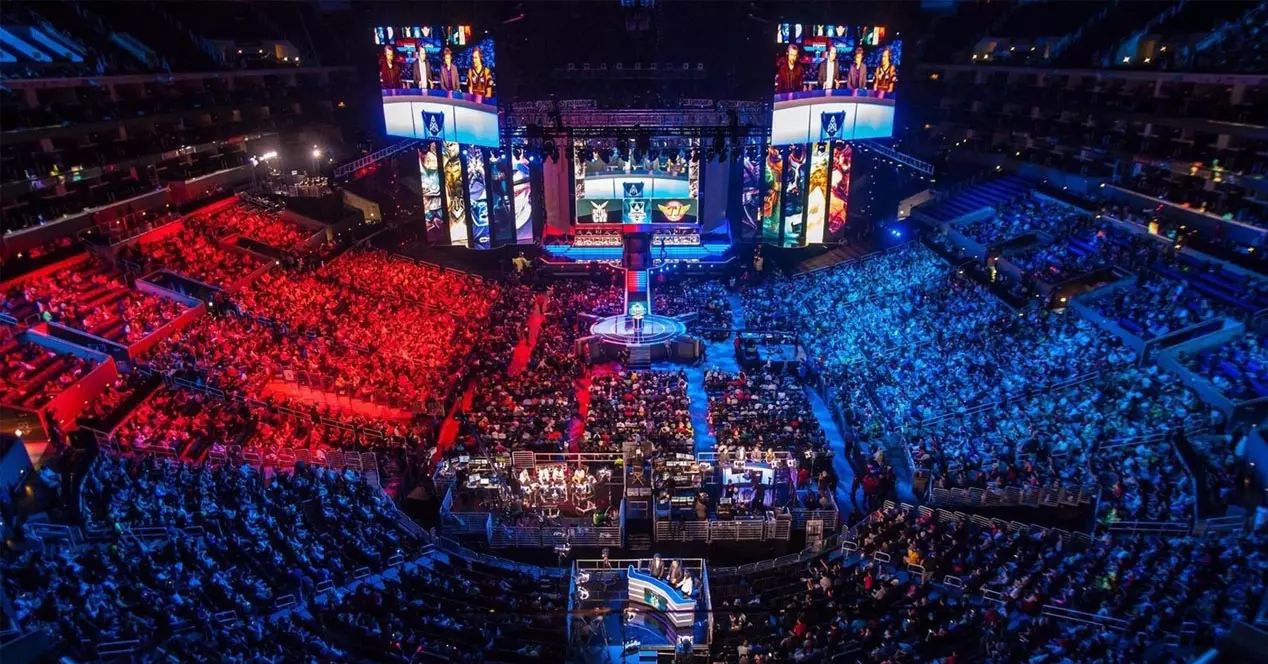Posted on: September 5, 2022, 12:00h.
Last updated on: September 5, 2022, 12:38h.
Despite the explosive popularity eSports has seen, it is still a black sheep to some – nothing more than a teenage fad. There’s overwhelming evidence to refute this, and a legislator in the Philippines wants to give the activity more recognition.

Representative Christopher de Venecia is fighting the stigma that engulfs the eSports industry. He asserts that many don’t consider eSports athletes to be legitimate professionals. That’s because they see video games as a vice, distraction, or kind of gambling.
As a result, de Venecia has authored a new bill, House Bill 01285, according to Philstar. The working title is An Act Declaring the Month of October as “National Esports Month,” and its goal is to do what the title suggests.
Giving Esports More Recognition
de Venecia said Filipino eSports teams struggle to participate in international tournaments. On many occasions, players face rejection of their travel documents and visas. This is because they are not recognized as legitimate representatives of the Philippines in eSports.
As an example, one of the country’s Bren Esports teams for Valorant had to withdraw last year from a tournament in Berlin, Germany. This followed the rejection of a travel request, even though the team members qualified for the tournament.
As a result, industry insiders hope to work with the Department of Foreign Affairs to improve the treatment of eSports athletes when competing in international tournaments. In addition, they also intend to meet with the Department of Labor and Employment to develop a more efficient counter-attack that will protect the team’s owners and the players themselves.
To the legislator, eSports is a legitimate sport, as well as a creative industry. He compares it to dancesport, competitive ballroom dancing. It is both a sport and a performing art that the International Olympic Committee (IOC) recognizes as a sport.
While dancesport has yet to appear in any Olympic competition, its recognition by the IOC is a significant first step. For years, eSports players and supporters have also fought to have competitions included in the Olympics.
World Esports Day, But Better
There is already a World Esports Day, celebrated on October 23. However, instead of just a single day, de Venecia wants the entire month to be about the ecosystem.
Should the legislation advance, it would facilitate the collaboration of different government entities, such as the Philippine Information Agency and the National Academy of Sports, with the private sector. Among the goals would be the creation and distribution of information related to eSports events and competitions. They would also focus on education about the activity.
The Philippines has its own eSports governing body, the Philippine Esports Organization. It would take a leading role in facilitating the collaboration, while continuing to shape the industry.
eSports Sports Betting Still Catching Up
Currently, according to National Law Review, only 13 US states have taken action specifically on eSports sports betting. All but one, Nevada, did so following the US Supreme Court’s demise of The Professional and Amateur Sports Protection Act of 1992 (PASPA) in 2018.
There’s still a long way to go, and some states have even gone out of their way to block legal eSports sports betting. However, it’s impossible to ignore the money the industry can bring.
Sports betting analysts predict that the industry will be worth as much as $2 billion in global revenue this year. Within eight years, though, that could reach $12.5 billion, according to Research and Markets.
That would reflect a compound annual growth rate (CAGR) of 21.9%. In addition, sponsorships could see a CAGR of 40% and media rights could add 23%. Around the globe, all markets will see significant growth.
